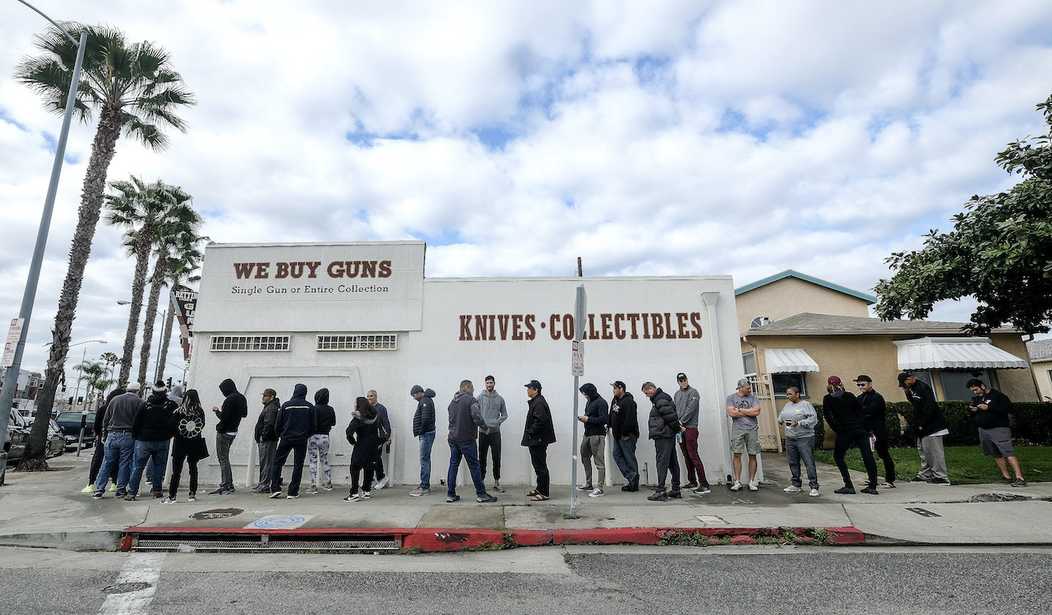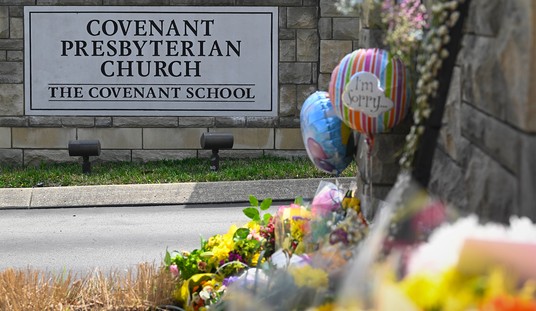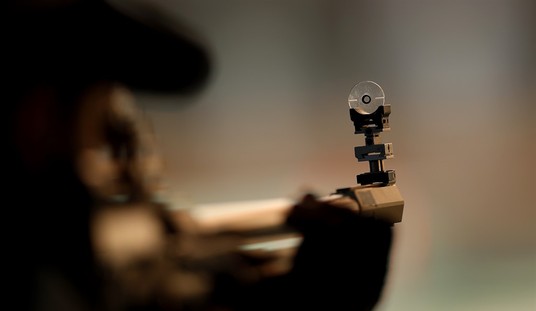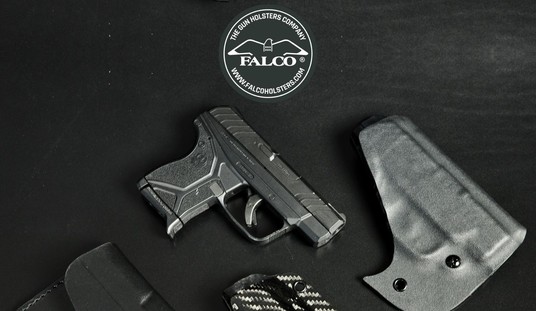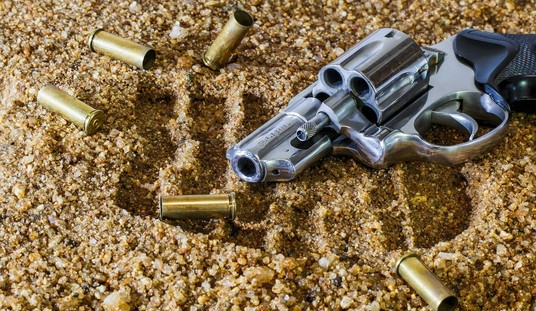It’s hard out there for a gun control advocate these days. Even as their staunchest allies in the Democratic Party call for defunding the police and taking a hands-off approach to violent crime, record numbers of Americans are taking part in the Great Gun Run of 2020 and concealed carry applications are skyrocketing. What’s an anti-gunner to do? How about blame the rise in violent crime in cities from Seattle to New York City on all those new gun purchases?
In an interview with Forbes, one gun control activist claims that the increased demand in gun sales has led to hundreds of thousands of background checks being delayed by more than three days. Under federal law, those sales can proceed if the FBI hasn’t gotten back to gun shops within 72 hours, and anti-gun activists are trying to argue that the sale of those firearms is what’s fueling the violence in Democrat-run cities.
“At the beginning of the pandemic, the DOJ warned President Trump that the background check system was going to be overwhelmed––but rather than addressing it, Trump added fuel to the fire by making it even easier to buy guns,” Rob Wilcox, Everytown for Gun Safety’s deputy director of policy and strategy, told Forbes. In March, amid a debate over whether gun stores should be opened even during lockdowns, the Trump administration determined they should be considered essential businesses. “This FOIA confirms that the worst has happened: thousands of guns have likely fallen into the wrong hands.”
First off, note Wilcox’s weasel words: “the worst has happened; thousands of guns have likely fallen into the wrong hands.” Wilcox and Everytown for Gun Safety have no proof that’s actually what has happened, but they definitely want readers to believe that they’re stating a truth instead of a theory.
How many of these delayed background checks ultimately came back as approved? Wilcox doesn’t say. How many of those delayed checks ultimately resulted in a sale being conducted before the background check was completed? Wilcox doesn’t say. Neither he nor Forbes bother to acknowledge that the National Shooting Sports Foundation has been advising gun stores for months to hold off on completing any sales before the background checks have been completed, even if it takes longer than three business days.
Thousands of U.S. gun dealers were urged not to finalize surging weapons’ sales until the FBI completes background checks even if the review process extends beyond the mandated three business days.
The National Shooting Sports Foundation issued the advisory at the start of a rush on the firearms market as a crush of gun buyers flooded the bureau’s system during the coronavirus health emergency.
Larry Keane, general counsel for the firearm industry’s association, said the advisory was issued in March after dealers in more than two dozen states received notices from the bureau indicating that background reviews would not be completed in time, in some cases for up to 28 days.
I’m sure that some firearms retailers are choosing to proceed with sales after the mandatory three-day wait has come and gone without an official response from NICS, but Everytown’s Wilcox makes it sound like that’s the case with every one of these delayed background checks, which is ludicrous.
Then again, this isn’t the first time this year that Everytown for Gun Safety has tried to pin the blame for the rise in violent crime on the increased demand for firearms. Back in July Politico ran an unquestioning piece on Everytown’s claims that “the number of people trying to buy guns who can’t legally own them has skyrocketed,” without ever mentioning the fact that the number of NICS denials as a percentage of all background checks was largely unchanged from the pre-pandemic run on guns. As my friend Ed Morrissey pointed out at the time:
If we do the math, we see an increase in background checks between the two Marches of almost exactly 70%. Rejections did increase at a higher rate … but not much higher. The March 2019 rejection rate was 1.15%, and that increased in March 2020 to, er, 1.7%.
Whopping, I tell ya.
The better story here might be that over 98% of people who wanted to buy firearms in March 2020 were lawful purchasers even with the massive spike in demand. That point doesn’t come up at all in this analysis, however, nor does anyone bother to do the basic math to come up with the rejection rates. To do either would undercut the motive for citing these numbers in the first place.
Everytown for Gun Safety’s been pushing this narrative for months, but there’s simply no real evidence that the surge in gun sales is leading to a rise in violent crime. I think it’s far more likely that the increase in shootings and homicides have been fueled by the closure of most courts and the emptying of a lot of jails back in March, along with the decision by many big cities like Philadelphia to curtail arrests for low-level crimes. That sent a message to criminals that they could get away with their crimes, and the problem has only grown worse in the past few months as civil unrest and anti-police sentiment has grown in cities from coast-to-coast. Witnesses are less likely to talk to police now, which makes it more difficult to make arrests, which further emboldens violent criminals. It’s a vicious cycle, but legal gun owners aren’t to blame.

